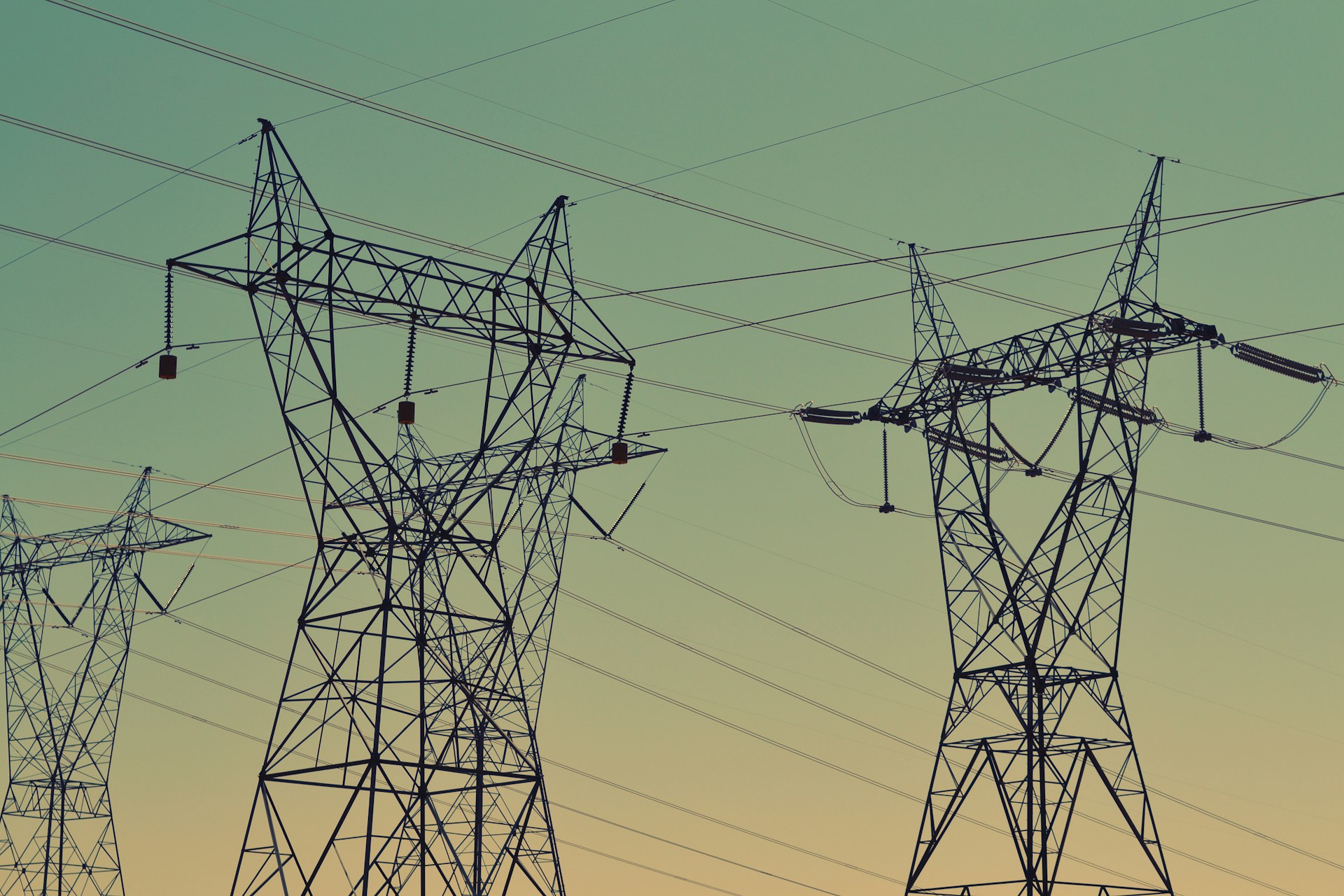
Global electricity demand in the coming years is set to grow faster than it has in two decades, adding the equivalent of Japanese demand to total demand every year, the International Energy Agency (IEA) said today.
It means that much greater investment in infrastructure like grids and storage will be necessary to combat global heating, the IEA said in its World Energy Outlook 2024.
Today, for every dollar spent on renewable power, 60 cents are spent on grids and storage.
Infrastructure investment needs to rise by 40% to make the ratio 1:1 if we’re to decarbonise electricity generation, the IEA said.
Power-hungry technologies
Global electricity demand is forecast to grow by around 4% in 2024, up from 2.5% in 2023, the IEA said in July.
It forecast another 4% jump in 2025.
That’s the highest annual demand growth rate since 2007, excluding the rebounds seen after the 2008 financial crisis and the Covid-19 pandemic.
Galloping demand growth is driven by economic growth, heatwaves, and the spread of electricity-hungry technologies like data processing, EVs, and heat pumps.
Entrenching the flaws
“Despite growing momentum behind clean energy transitions, the world is still a long way from a trajectory aligned with its net zero goals,” the report said.
It added: “Decisions by governments, investors and consumers too often entrench the flaws in today’s energy system, rather than pushing it towards a cleaner and safer path”.
The report said global CO2 emissions are set to peak “imminently” based on current policy settings.
But it warned that without a sharp decline after the peak, the world would be on course for a rise of 2.4°C in average temperatures by 2100, well above the Paris Agreement goal of limiting global warming to 1.5 °C.
Energy inequality
The report said the new global energy system needs to be secure, flexible, and inclusive.
In developing economies, high financing costs and project risks are limiting the spread of clean energy technologies, it said.
It noted that around 750 million people – predominantly in sub-Saharan Africa – still have no access to electricity, while more than 2 billion people worldwide have no access to clean cooking fuels.
- Subscribe here to get stories about construction around the world in your inbox three times a week
Further reading:
Comments
Comments are closed.







The fundamental aspect I struggle with most is the commercial side. A warming globe where the rate of change is made greater by human impact, and will ultimately end in natural de-population, has a solution that is not going to achieve the desired effect… because of money. And it seems that we are stuck with all of the technology and ability to carry out the works, but pieces of paper are preventing this.
One of the fundamental characteristics of the known Universe, is entropy…the disorder that comes from apparent order. If entropy is the natural state of the Universe and humans are creating order, perhaps our current actions are what is required to return the state of the Earth back to it’s equilibrium…apparent disorder. Perhaps, if humans are going to survive, the population numbers, density, and therefore effect, need to reduce. Perhaps we should just let entropy take control…as redirecting human focus seems to be a step too far.
A parting shot: Could it be that there is also too much focus on what the afterlife will be like…and we don’t really need to try too hard in this one. It’s almost like ENTROPY is at work.